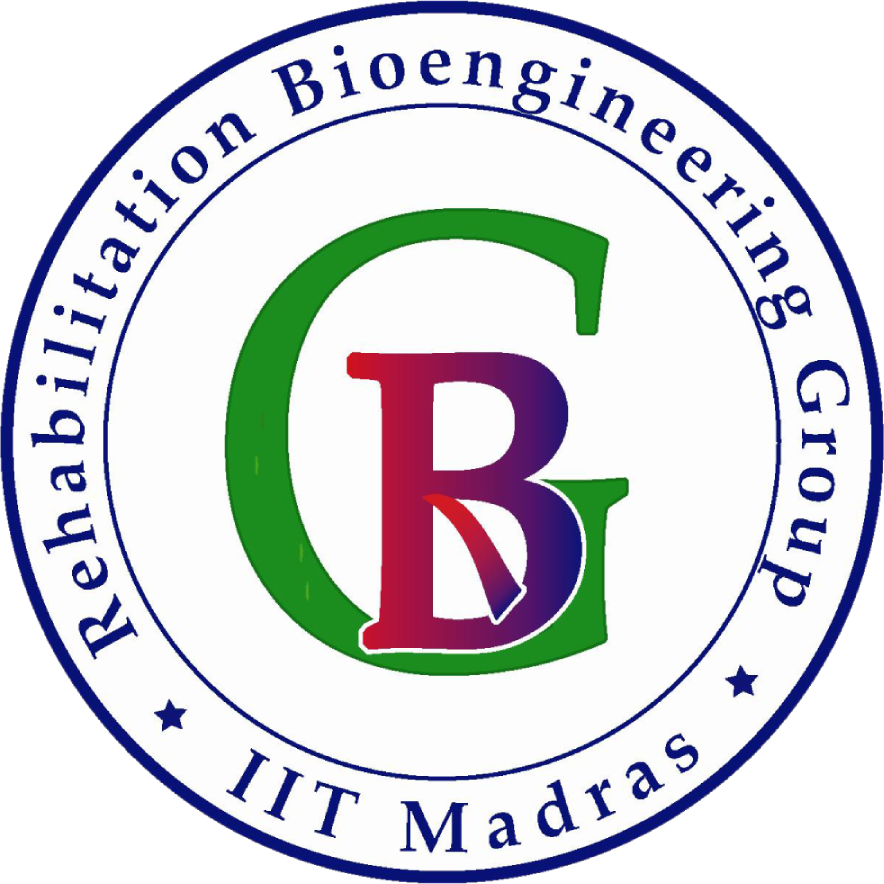As part of Data Driven Interventions Projects, Centre of Excellence for Road Safety (CoERS), Indian Institute of Technology Madras (IIT Madras) has been carrying out a Mega Capacity Building Programme in the State of Haryana in order to bring down road accident fatalities in the state. An MoU in this regard was signed with the Transport Department with DDI Initiation meeting under the chairmanship of the Chief Secretary, Shri Sanjeev Kaushal, IAS which laid grounds for IIT Madras to work with several stakeholders in Haryana. The capacity building programme encompasses training different stakeholders across the state in line with the Centre’s 5E model – enforcement, education, emergency care and engineering, all linked by empathy.
Commending this IIT Madras initiative, Shri Yashendra Singh, IAS, Commissioner of Transport, Government of Haryana, said, “Data is crucial when it comes to targeted interventions as it provides an understanding of where capacity constraints and requirements are present. We are happy to work with a premier institution like CoERS, IIT Madras to help us develop the required policy and strategies to save lives on roads. Roads are meant to unite families, not to break them.”
As part of emergency care, the Centre has developed a Baseline Survey application to determine the preparedness levels of each trauma centre across the State and identify any gaps that would prevent effective treatment of road trauma victims. Multiple capacity-building sessions were conducted to upskill stakeholders from the Health Department starting with the Kurukshetra district in Haryana.
Speaking on the programme, Dr Randeep Singh Poonia, Director General, Health Services, Government of Haryana, said, “We are committed to reducing fatalities due to road accidents. With an efficient trauma care system in place, we can improve survivability of accident victims. This data-driven approach will allow us to work in coordination with other stakeholders in the road sector in Haryana.”
Explaining the need for the programme Shri Vikas Kumar Arora IPS, Commissioner of Police, Gurugram Police, said “This training is essential for our officers to adopt scientific and data-driven approaches, ensuring more accurate and effective road accident investigations.”
In the domain of enforcement, the Centre trained Investigating Officers (IOs) of the Haryana Police in Scientific Crash Investigation using the Root Cause Analysis Matrix (RCAM) method that was developed in-house. Multiple batches of police officers were trained across the Panchkula, Sonipat, Panipat and Gurugram districts. The programme seeks to impart design thinking skills to the investigation officer (IO) to adopt a human factors or empathy-based approach in identifying the root causes of an accident. This comprehensive systems approach to scientific enforcement powers them to communicate their hypothesis effectively. It also aims to equip the IO of the traffic police with the practical skills required for on-field data collection, collation, and analysis in a structured format.
Additionally, Haryana is the first state to use the Centre’s location intelligence platform – Sanjaya – that was launched in January 2024. A training session was conducted to empower the stakeholders to make complete utilisation of the platform in order to effect targeted, data-driven interventions at accident blackspots and high-frequency accident zones.
Training on data collection and techniques to derive posted speed limits was also conducted for the participants. The training ensures consistency and accuracy in assessing speed limits across diverse locations by imparting expertise in complex data collection techniques, compliance with regulations, and adherence to quality standards.
The Centre also conducted a Holistic Human Factors based Road Safety Audit with the Ambala Project Implementation Unit (PIU) of the National Highways Authority of India (NHAI) where over 100km of National Highway stretch would be audited using the Centre’s Road Safety Audit (RSA) application which empowers auditors to verify the road’s conformation to IRC standards.
The key objectives of this programme include:
- Upskilling all stakeholders towards using Sanjaya and other digital platforms to perform targeted interventions
- Identification of the gaps in the existing system to perform capacity and capability mapping.
Speaking on the occasion, Professor V Kamakoti, Director, IIT Madras, said, “We are very happy that IIT Madras is collaborating with the Haryana Government to improve road safety by bringing multiple stakeholders together. It is important that we work together to solve issues critical towards saving human lives. The loss of lives on roads has a profoundly negative impact on the families of the deceased. We hope that such collaborations will help us reach the goal of bringing the fatality count to zero.”
Shri Mahmood Ahmed, Additional Secretary, Ministry of Road Transport and Highways, Government of India, added, “The audit of the highways will enable us to take a more holistic approach towards making our roads safer, ensuring that each section of road adheres to the required standards and has adequate signage and information for users.”
Elaborating on the programme, Professor Venkatesh Balasubramanian, Head, CoERS and RBG Labs, Department of Engineering Design, IIT Madras, who is coordinating this initiative, said, “The CoERS is eager to build capacity across organisations and departments in Haryana under the ‘5E Model’ for road safety – Education, Enforcement, Emergency care and Engineering, all of which are linked by Empathy. A sharp reduction of road fatalities is the basic requirement for us to progress as a nation. As a shared asset, safety on roads is a collective responsibility that involves all stakeholders.”
